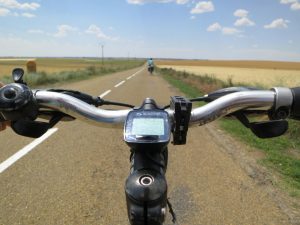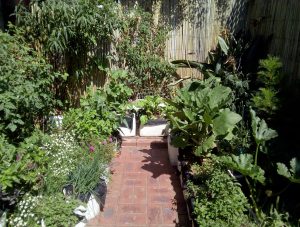Menu image: “bookshelf 20130130” by caligula1995 is licensed under CC BY 2.0
Nothing comes for free but you don’t need to spend a fortune on financial advice. In this article, we outline some of the best advice money can buy that you can use to give your finances an overhaul and potentially lower your spending by 25%.
The two books that should be in every high school
Your Money or Your Life by Joe Dominguez and Vicki Robin
- The goal of this book is to transform your relationship with money and we think that it achieves this to great effect.
- The authors have lived their philosophy of frugal living rather than living off their book sales and seminars telling everyone else how to get their finances in order.
- The book has a great way to reduce unwanted spending without resorting to budgeting.
- The authors claim that on average people who follow their nine step program see their living expenses drop by 25%, a claim that seems realistic.
The Art of Frugal Hedonism by Annie Raser-Rowland and Adam Grubb:
- The title itself is a paradox: make things go further while indulging more.
- This book inspired us with lots of practical ideas for living large with less, especially that the authors are clearly doing this themselves.
- The biggest strengths of this book is that it is an easy read and is a lot of fun. We were already having fun living frugally and this book introduced us to a whole new level.
- Honestly, by the end of this book, you’ll be thinking, “Why wouldn’t I want to live frugally?”

If you can’t get enough, go to frugal university:
Early Retirement Extreme by Jacob Lund Fisker:
- As the title suggests, this book leaves almost no stone unturned; everything is up for consideration.
- Whilst you may not go as far as the author has gone, there are lots of great ideas here on strategies that fit neatly with the ideas in the two books above.
- For example, we used the advice of having multiuse stuff to use one item as a stereo, guitar amp and small PA system which saved us thousands of dollars. For that idea alone, the book was worth $20.
We only have one beef with two of these books:
Your Money or Your Life and Early Retirement Extreme are partly based on the idea of financial independence where you can save enough money to live off its interest if you invest it well. We find this questionable for a few reasons:
- We have explored the idea of money earning money and it is difficult to find investments where this can be done ethically and in a truly environmentally sound manner.
- Some things that are really worthwhile are not always profitable (which the authors acknowledge directly or indirectly). Living off investments can skew our ideas of what deserves to be funded.
- We believe in the philosophy of Scott and Helen Nearing which is “Pay as you go”. In other words, do your fair share of work (unless there’s a reason you can’t).
- Ethics aside, even a very frugal household in Australia would need to save up over a million dollars to buy a home and then live off the rest of the money at a net return of 3%.
- As we are experiencing more environmental and economic instability, getting a safe net rate of return of even 3% from your money is getting harder.
Our alternative is to accept that paid employment will play some part in our lives until our later years though by being frugal and learning new skills, we have reduced the amount of paid work we need to be financially independent to a large degree.

If you can, invest in things that give you a fair return, for example, producing food at home, learning to repair things or any of the ideas on Smart Renting that require a small amount of money to save a lot of money.
On a larger scale, this could include a direct investment in a beneficial local business or starting up your own business that provides you with an income such as an urban farm.
A week’s worth of reading time could save you thousands of dollars each year and improve your life at the same time. If you’re short on time, we’d recommend Your Money or Your Life and The Art of Frugal Hedonism at a minimum.